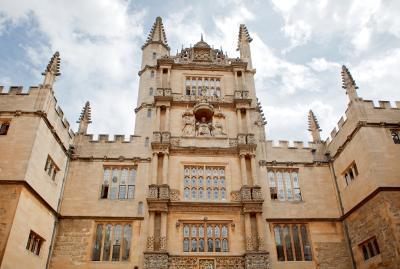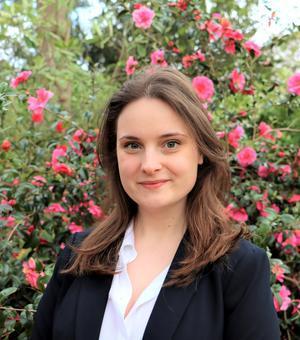
About this course
How have various technologies, from the printing press to the coding, impacted how people have read, used, and understood books? How have people’s reading practices changed over time? How have developments in philosophical, literary, religious, social thought changed the material form and perception of the book? From richly bejewelled deluxe medieval manuscripts to mass-produced paperbacks, this course invites you to explore the history of how books were made, disseminated, and read from the early medieval period to the present day.
The course offers a rigorous, varied, and exciting introduction to the scholarly field of book history, allowing you to engage with some of the University of Oxford’s world-famous manuscript and archival collections, take part in hands-on bookcraft workshops, and learn from academics undertaking cutting-edge book-historical research. Each week of the programme will focus on a particular period of book history: we will start with a focus on the medieval period (500-1500), proceed to the early modern period (1500-1800), and conclude with the modern and contemporary period (1800-present day), while also encouraging you to reflect on conceptual, textual, and material connections between them. You will experience a range of learning environments to gain a holistic experience of book historical study and develop your own individualised scholarly interests.
Each week of the summer school will focus on a distinct period of book history. The summer school will namely concern the book history of Britian and England, but will also expand outwards to consider European and Global book history and book historical methods, too.

Course Convenor: Dr Eleanor Baker
Dr Eleanor Baker completed her doctorate on Middle English religious literature and textual materiality at St John’s College, University of Oxford (funded by an AHRC-DTP) in 2022. She has taught Old and Middle English papers at Colleges across the University of Oxford, and is English Subject Lead for the University of Oxford's Astrophoria Foundation Year, as well as a Co-Executive Officer for the Society for the Study of Medieval Languages and Literature. She has published on metaphors of textual materiality in Middle English sermons, teaching Chaucer to A-Level students, and perceptions of the material text as evidenced in late medieval book-craft recipes for Recipes and Book Culture in England, 1350–1600, edited by Carrie Griffin and Hannah Ryley. Her first trade-press book, Book Curses, a short anthology of book curses from throughout literary history, was published in 2024 by Bodleian Publishing, and was reviewed in the The Spectator and the TLS, and profiled in the Idler, Fine Books & Collections, and The Literary Review. Along with Dr Laura Varnam and Dr Kristen Haas Curtis, Eleanor founded the Guild of Medievalist Makers, which supports and connects creative-critical medievalists.
Learning Outcomes
By the end of this course, you will:
- Be able to demonstrate an understanding of the different ways books were made, read, used, circulated, recycled and stored across different time periods.
- Be able to consider the impact of philosophical, literary, religious, social, and technological developments on the history of the book.
- Be able to examine how literacy rates and reading practices have impacted the book.
- Be able to evaluate past and modern conservation, custodial, and exhibition practices.
- Be able to demonstrate an understanding of the value of book-historical study to various scholarly fields.
- Be able to develop your own individualised scholarly interests in the history of the book.
Who is this course suitable for?
This course would suit students of the Humanities, especially those with an interest in Literature and Language, History, Library and Information Science, Digital Humanities and Art History. There are no specific prerequisites for participation, but experience reading significant amounts of both literary and critical texts closely and with discernment is essential for the course.
Dates and availability
Available as a Residential course on the following dates:
Session 2: 20th July - 7th August 2026